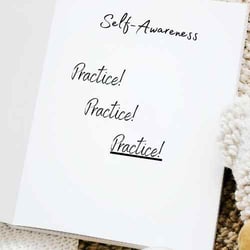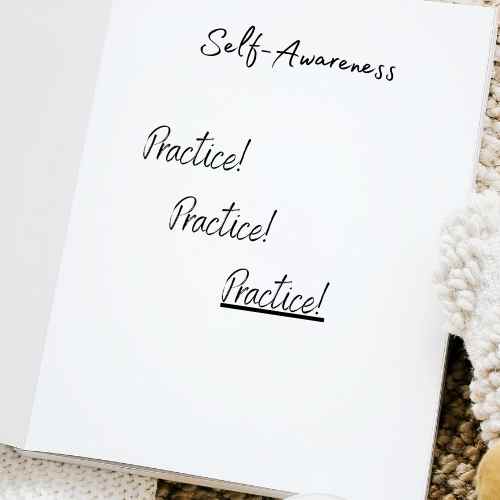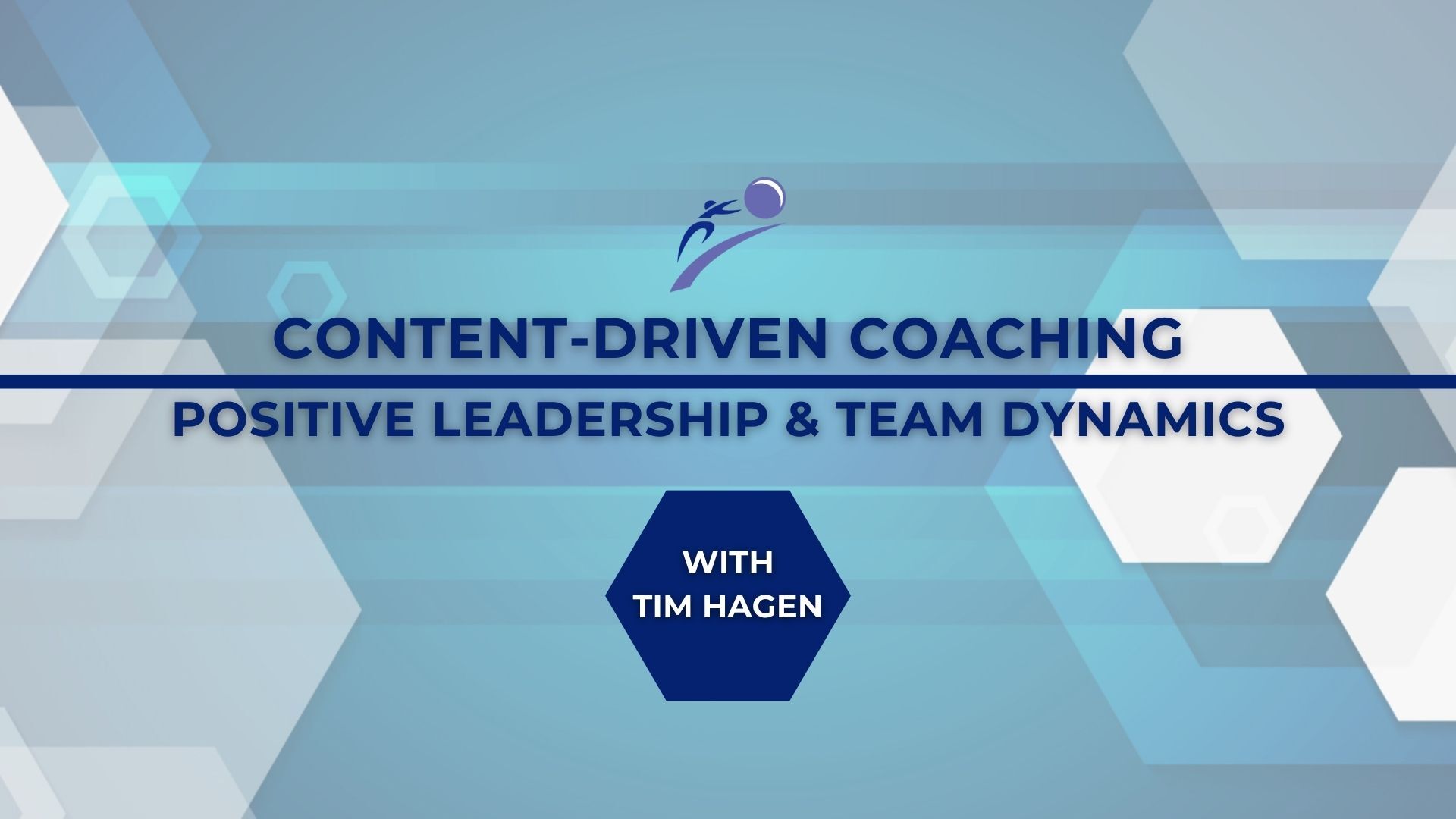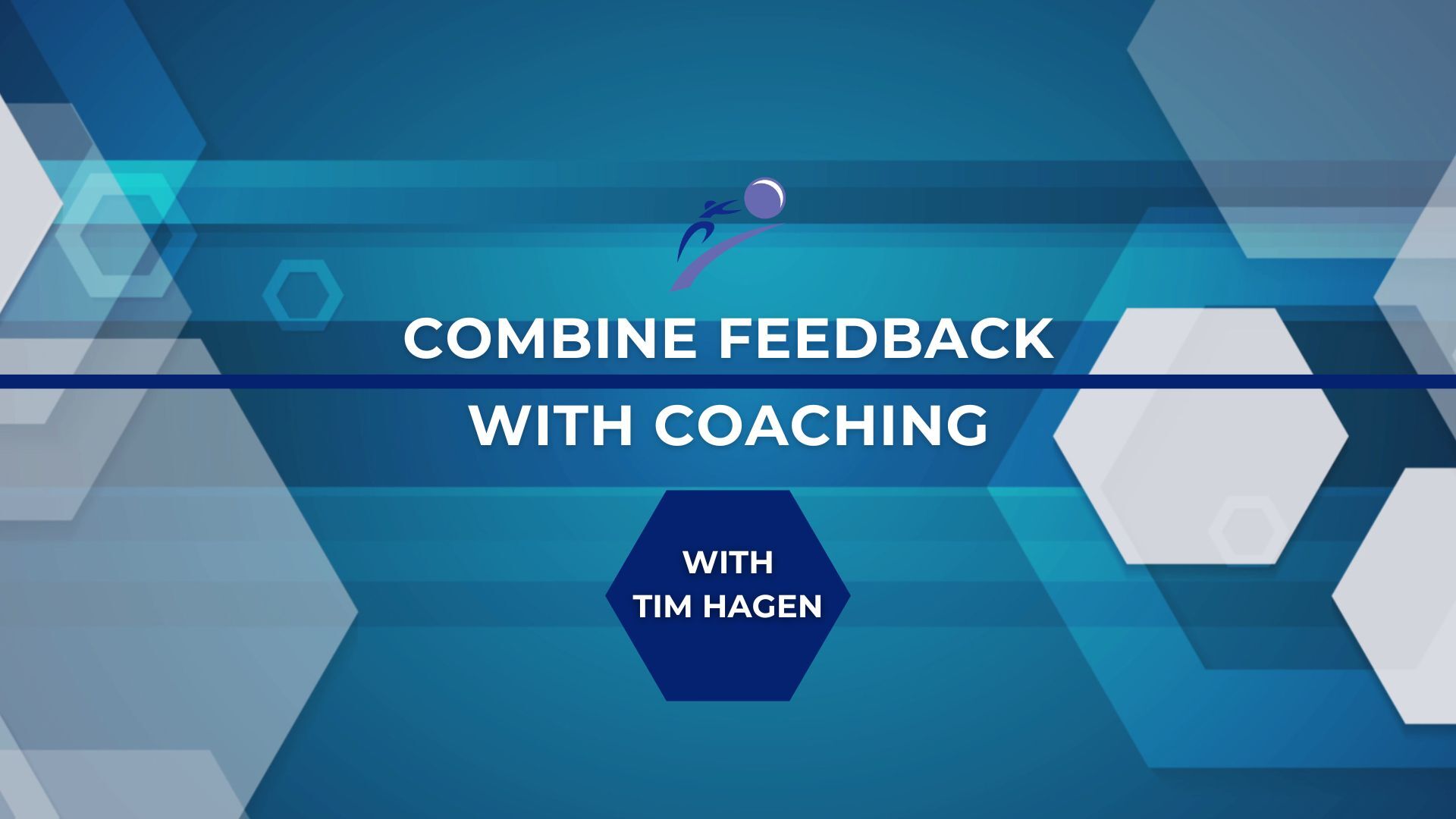Mastering Self-Awareness For Effective Interactions
Do you ever feel like you're stumbling through conversations, unaware of the impact of your words and actions? Imagine the possibilities if you could unlock the power of self-awareness, understanding the effect your communication and behavior have on others.
This episode offers a deep dive into the transformative power of self-awareness and how it can open countless doors in your personal and professional life. Learn practical steps to cultivate self-awareness and the importance of receiving feedback graciously, using it as a tool to build stronger communication and interpersonal relationships. But we're not stopping there! Listen as we emphasize the significance of accountability and learning projects for constant progression. Find out how these learning projects form the basis of your next coaching conversation, creating a cycle of continuous learning and growth.
We also address the difficult subject of dealing with individuals who lack self-awareness and seem oblivious to reality. Reverse negative practices for positive outcomes.
Get ready for a thought-provoking journey into the world of self-awareness, where both action and accountability are key.
If you're coaching someone or even coaching yourself to develop more self-awareness, one of the things we have to do is take action. Yet, we also have to be accountable to the process.
The cool thing about self-awareness is it opens up so many doors. We often hear ourselves say, "I didn't mean it that way. That wasn't my intention." What that translates to is you might be lacking awareness of the impact of your message. What you're saying, how you're acting, and how you approach people.
When you think about actions of developing self-awareness, I go back to a fundamental thing. I encourage you to engage in two to three listening chats a month and journal them. Go up to somebody and say, "Susie, give me some feedback on where you feel like I'm a great teammate and where you feel like I could raise my game." You don't even have to use the words constructive or feedback. When someone gives you that information, just say thank you.
Let's be candid. People don't even want to give each other feedback because it's uncomfortable. We don't know how people are going to react. If you can do that, to sit in the moment and just say thank you, what happens is you build up a repertoire of better communication. People are more apt to approach you.
The second thing is not only do you take action, but you also have to be accountable. We achieve this through a learning project.
Let's say you're coaching someone who really lacks self-awareness. Every week or two weeks, ask that person, "I want you to come in every week with the result of one listening chat. Share with me how you approach the person, what you learned from the feedback, and, more importantly, what you positively put into action by the time we get together based on the feedback you received."
That learning project drives the next coaching conversation.
The funny thing is employees interact with each other all the time. So the excuse that they didn't have time doesn't suffice because the listening chat takes just 10 minutes. When you do that with this person, what that actually represents is an opportunity and a cadence to continue to practice.
The learning project is conducted between conversations. It drives the next conversation. For example: "Julie, a few weeks ago, I asked you to come in with two examples where you executed learning chats or listening chats. What did you learn? More importantly, what did you learn about yourself? What did you put into action?" That cadence between coaching sessions builds accountability.
We have to be accountable, and we have to take action when it comes to self-awareness.
Someone asked me recently what I do when someone just lacks self-awareness, and they're totally unaware. It's impossible for them to become self-aware. In those cases where a person has blind spots and they just don't even look at reality, my main response to that is it's not instantaneous success. It takes practice. In actuality, people also practice a lack of self-awareness.
Think of someone with a negative attitude. People with negative attitudes practice having negative attitudes. Do you have that friend in your life who's always saying something similar to, "Yeah, but that won't work." Or you ask them out to lunch or dinner, and they tell you what they don't want. No matter what you say, they negate or take an opposite view-- that takes practice. I don't think it can be perfected, but people are really good at it. So you have to reverse engineer.
That's where the practice, the application of actions, comes into play. That's where the accountability actions, which we call learning projects, between coaching sessions will serve you well.
Remember, self-awareness requires action and accountability. 
Learning Projects to Practice Self-Awareness
-
It's been estimated that 80-85% of people significantly lack self-awareness (Insight, Tasha Eurich). With this said, next week share two words that describe you as a teammate and one word your teammates would use to describe you.
-
Next week, bring two examples where you were highly self-aware, demonstrating the characteristics you identified earlier that would describe you as a teammate and the success you experienced because of it.
-
Next week, share one example where you honestly feel you could exhibit greater teamwork or more self-awareness. An example where your actions or words impacted the team in not as positive a way as you would've hoped. Write down specific actions you can take moving forward to improve that area.
If you are looking for a way to strengthen your organization, ask about our Coaching Champion Certification program, where we take everyday employees and use everyday conversations to strengthen the organization's culture. Coaching Champions inspire and motivate others and professionally challenge those who struggle with positivity.
Get More info Here: click here





